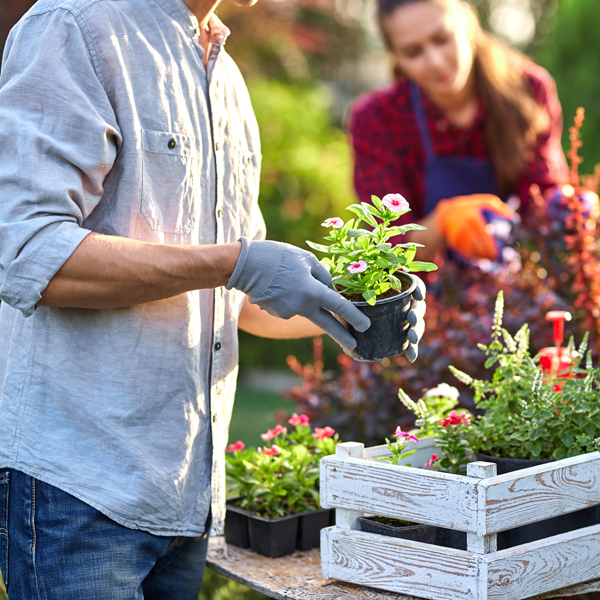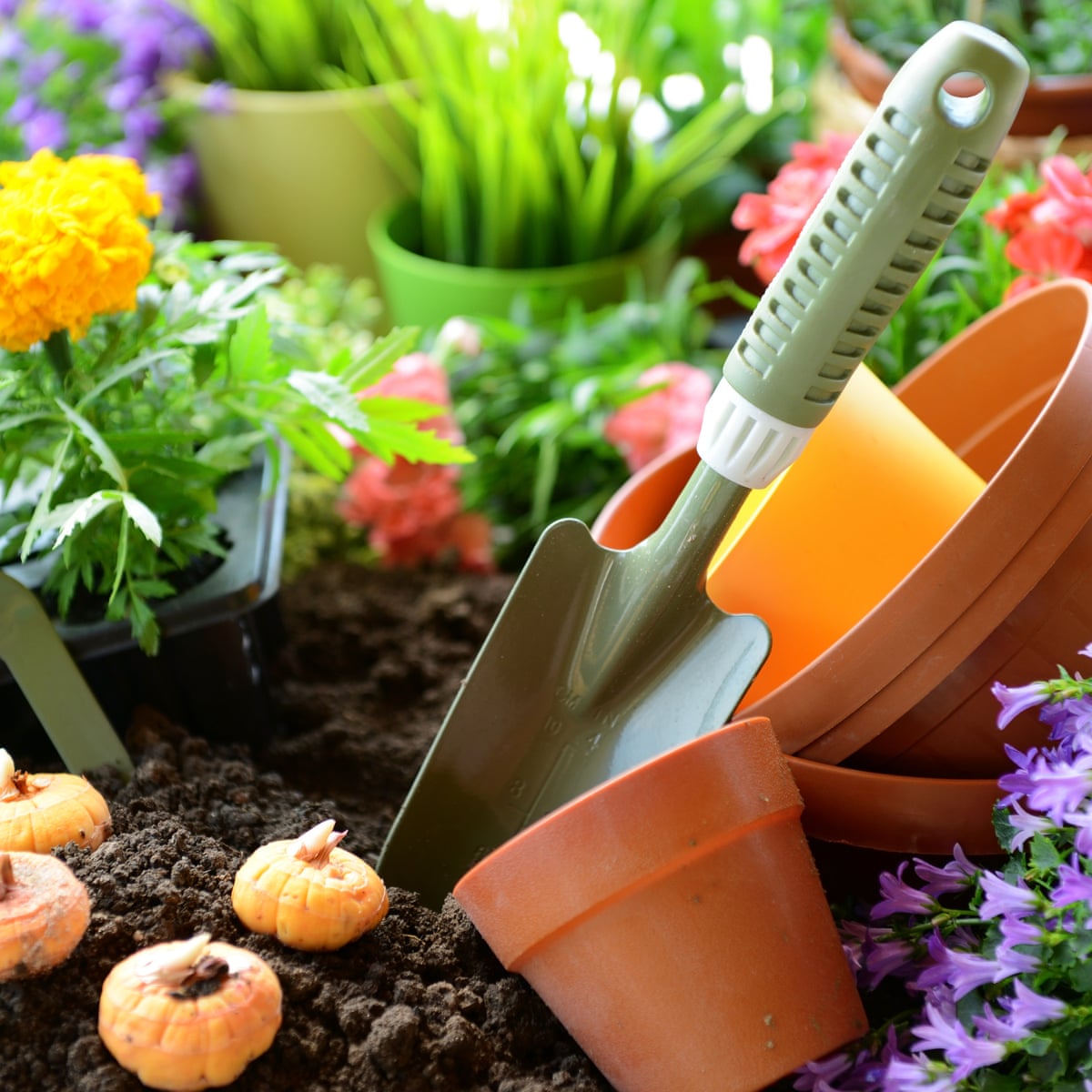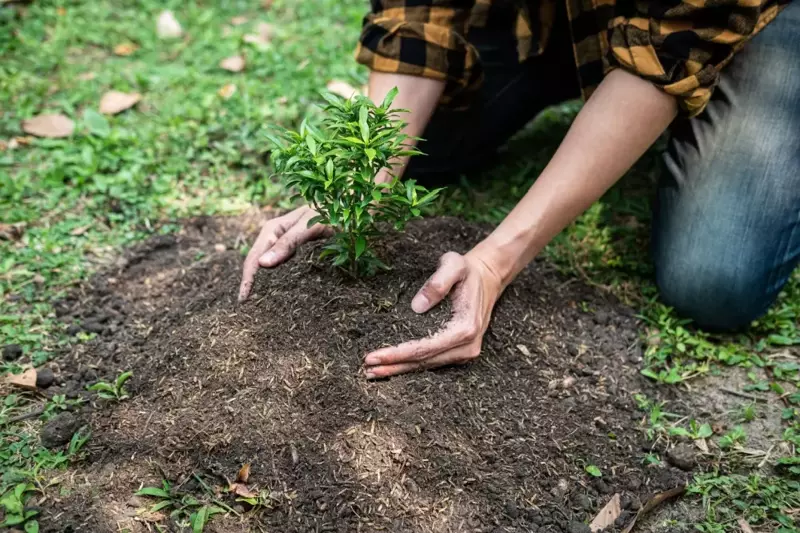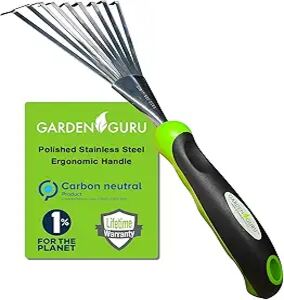The Most Effective Gardening Plants for Low-Maintenance and High Reward
The Most Effective Gardening Plants for Low-Maintenance and High Reward
Blog Article
Opening the Conveniences of Horticulture: A Detailed Look at the Different Types and Their Effect On Health
Checking out the diverse advantages of horticulture exposes a range of methods that dramatically enhance specific health. From veggie and natural herb gardens to container and increased bed arrangements, each kind supplies unique benefits that extend beyond mere cultivation. These activities not only foster physical health via energetic engagement yet also add to mental health by minimizing stress and anxiety and motivating mindfulness. As we check out these varied horticulture techniques, it becomes apparent that their effect can resonate on individual, social, and ecological levels, motivating a closer look at exactly how these links form a cohesive narrative of all natural health and wellness.
Sorts Of Horticulture

Blossom horticulture, another popular group, emphasizes the aesthetic allure of grown blooms. This type can enhance landscapes and promote biodiversity by drawing in valuable pollinators. Similarly, herb horticulture entails expanding fragrant and cooking plants, adding both to food preparation and all-natural solutions.
Container gardening offers versatility, allowing individuals with minimal space to take part in horticulture by utilizing pots and planters. This method is particularly prominent in urban settings. Raised bed gardening, on the other hand, entails producing elevated plots that boost dirt drainage and ease of access, making it much easier for garden enthusiasts to handle their plants.
Last but not least, area horticulture promotes partnership among individuals in shared areas, advertising social communication and collective duty. Each kind of gardening offers distinctive functions and provides to different preferences, making horticulture a functional task that can be customized to private requirements and environments.
Mental Health Advantages
Taking part in various sorts of horticulture not just produces tangible incentives such as fresh fruit and vegetables and attractive blossoms but additionally uses significant psychological health benefits. Study suggests that gardening can be an effective tool for reducing stress and anxiety, anxiety, and anxiety. The act of often tending to plants and cultivating a garden promotes a feeling of objective and accomplishment, which can improve total emotional well-being.
Moreover, horticulture motivates mindfulness, as it needs people to concentrate on the here and now minute, whether it be planting seeds or nurturing growth. This mindfulness technique can lead to reduced rumination and enhanced mood stability. The direct exposure to native environments during gardening has additionally been connected to enhanced cognitive operating and lowered feelings of exhaustion.
Social interaction plays a crucial duty in psychological wellness, and neighborhood horticulture campaigns provide possibilities for individuals to attach with others, promoting a feeling of belonging. The shared experience of horticulture can cultivate friendships and support great post to read networks, better bolstering emotional durability.
Physical Health And Wellness Conveniences
Lots of individuals may not understand that horticulture likewise gives significant physical wellness advantages. Involving in horticulture tasks calls for a variety of physical movements, consisting of flexing, training, digging, and growing, which collectively add to enhanced strength, versatility, and endurance. These actions can boost cardio health by promoting an elevated heart rate, therefore decreasing the threat of cardiovascular disease.
Moreover, horticulture can work as a moderate-intensity exercise, aiding people attain recommended exercise levels. Studies indicate that normal engagement in gardening can burn substantial calories-- approximately 200-400 calories per hour, depending on the strength of the tasks performed. Such calorie expenditure is advantageous for weight monitoring and total metabolic health.
Additionally, direct exposure to sunlight during gardening can promote the synthesis of vitamin D, which plays a crucial role in maintaining bone wellness and supporting immune feature. Moreover, the act of horticulture frequently entails collaborating with soil, which has actually been connected to prospective mental and physical health and wellness advantages as a result of the existence of advantageous bacteria. Gardening.
Social Connections Via Gardening
The common elements of gardening foster purposeful social links among people. Area yards, particularly, act as lively centers where individuals from diverse histories collaborated, growing not just plants yet also relationships. These common rooms urge partnership, allowing individuals to trade knowledge, abilities, and resources, thus boosting their gardening experience and fostering a feeling of belonging.
Interaction his explanation in gardening tasks often causes the formation of relationships and support networks. Participants regularly join for typical objectives, such as growing periods, harvest parties, or academic workshops, which enhance interpersonal connections and create a feeling of area. Such interactions can ease more tips here feelings of isolation and boost psychological wellness, as individuals discover friendship and sociability in shared endeavors.

Ecological Effect of Horticulture
Horticulture considerably contributes to environmental sustainability in numerous methods. Home gardens give vital habitats for different types, including pollinators such as bees and butterflies, which are vital for ecosystem health and wellness.

Furthermore, gardens play a vital role in water conservation. Tactical landscapes, including indigenous plants and xeriscaping, reduce water use and prevent runoff, therefore safeguarding regional waterways from pollution.
Verdict

The varied types of gardening-- consisting of veggie, blossom, natural herb, container, and increased bed-- contribute to mental and physical wellness, foster social connections, and promote ecological sustainability. By involving in horticulture techniques, individuals can experience improved top quality of life while additionally supporting community bonds and environmental health.
Report this page